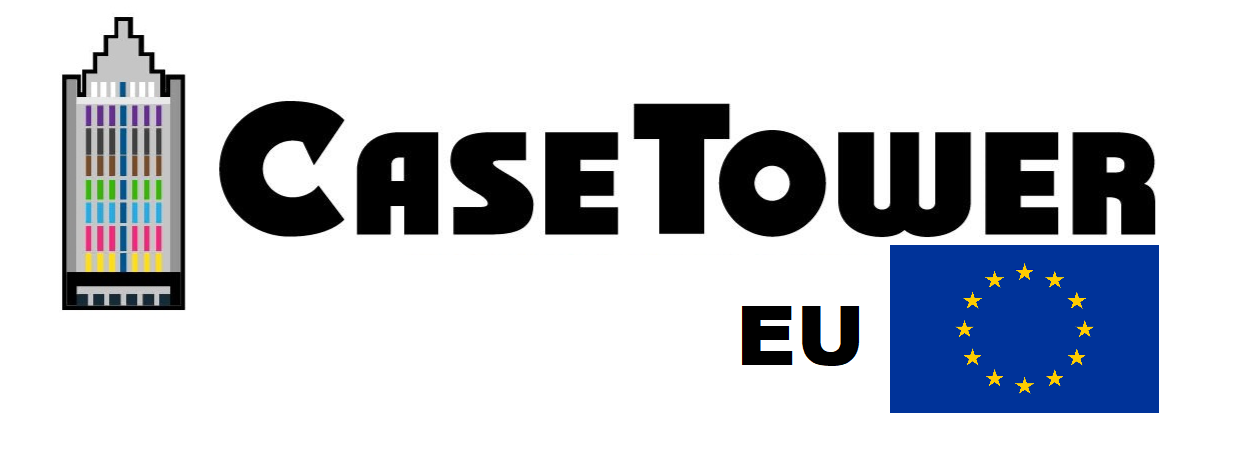Courtois and Others v Commission (Case T-761/21) (2022/C 51/51)
Citation: Courtois and Others v Commission (Case T-761/21) (2022/C 51/51)
Rule of thumb: When an information request is put in for procurement of Government contracts, in this case concerns raised by experts that the Covid 19 vaccines from pharmaceutical companies like Astra Zeneca etc were dangerous, can highly redacted information be provided or information refused altogether? No, it is a breach of EU law for highly redacted & opaque information to be provided in relation to the experts who informed the Government that the Covid 19 vaccines were dangerous & should not be purchased and provided in the health service. The Government breached EU law in not providing sufficient information on the processes for this to lawyers & individuals seeking compensation for deaths caused – or allegedly caused – by Covid 19 vaccines.
Facts: The facts of this case were that Courtois in an action along with many others was seeking the full information held by the French Government over the purchase of Covid 19 vaccines from Pharmaceutical companies like Astra Zeneca etc, in particular the concerns raised by experts that these were not safe for use. The French Government refused to provide all of the information.
Parties argued:The Commission acting on behalf of the French Government argued that commercial confidentiality meant that concerns raised internally & privately by their consultants about health & safety of their sub-contractors could not be released.
Judgment: Some of Courtois’ pleas were rejected by the General Court, but the General Court did uphold that some provisions of EU law were breached - only scant information was provided by the French Government, & as a result ordered that some additional information was required to be provided by them, albeit not everything requested, but indeed more was required to comply with their legal obligations.

‘94. The applicants thus complain that the Commission wrongly relied in the contested decision on various arguments, namely the sensitive nature of the information, the fear of negative effects linked to the disclosure of the data, the fear of legal action, the risk of providing a competitive advantage to certain vaccine manufacturers or the damage to the reputation of the vaccine manufacturers which concluded the contracts at issue with the Commission with the consumers and business partners, to object to the disclosure of the provisions referred to in paragraph 93 above and, in particular, to those relating to compensation’.
‘172. In those circumstances, the Court considers that the third ground relied on in the contested decision for refusing to disclose the provision relating to compensation more widely does not demonstrate, as required by the case-law cited in paragraph 99 above, the existence of a foreseeable and not purely hypothetical risk to the commercial interests of the undertakings concerned.
173. In the light of the foregoing, the second complaint in the second part of the second ground of appeal is well founded as regards the provisions relating to compensation for the contracts at issue.
174. It follows that the second complaint in the second part of the second plea must be upheld in part as regards the provisions relating to compensation and rejected in part as regards the provisions relating to the contractual liability of the undertakings concerned’.
172-174, J. Svenningsen, President, C. Mac Eochaidh (Rapporteur), and J. Martín y Pérez de Nanclares, Judges, speaking jointly
Warning: This is not professional legal advice. This is not professional legal education advice. Please obtain professional guidance before embarking on any legal course of action. This is just an interpretation of a Judgment by persons of legal insight & varying levels of legal specialism, experience & expertise. Please read the Judgment yourself and form your own interpretation of it with professional assistance.

